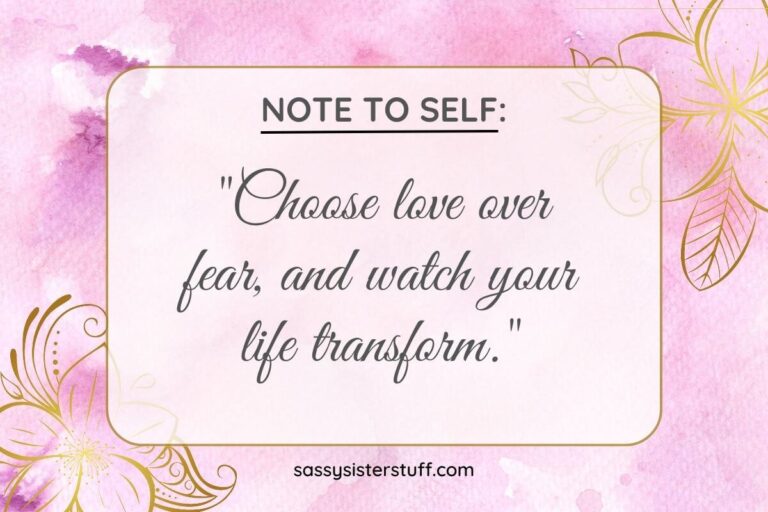20 Outdated Products That Are Declining in Demand Because of Millennials’ Spending Habits
With their distinct shopping habits, millennials—those born between 1981 and 1996—are changing consumer patterns. A number of conventional commodities that were once home staples are declining as a result of millennials’ embrace of technology, sustainability, and convenience. Here are 20 antiquated things that are becoming less popular as a result of millennials’ shopping habits, ranging from old technologies to environmentally harmful goods:
Conventional Retail Banks

Millennials no longer find traditional brick-and-mortar banks as enticing due to online banking and digital payment systems. Millennials like digital banking choices due to the ease of online account administration and mobile banking apps.
DVD Players
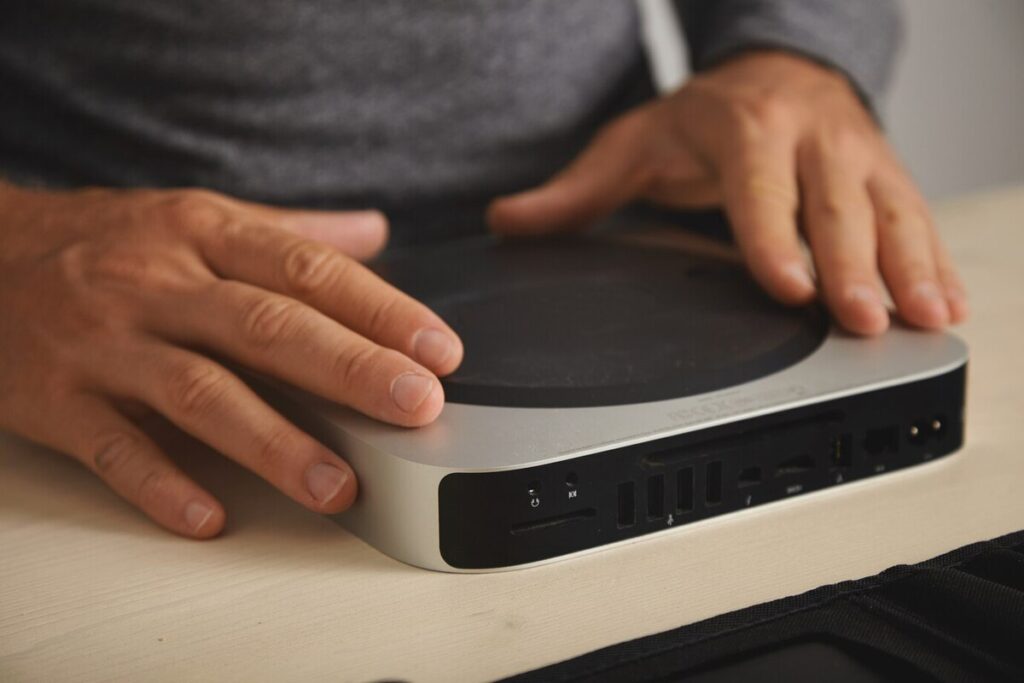
DVD players are becoming outdated due to the growth of streaming services and digital downloads. DVD players are no longer necessary because millennials prefer to watch movies and TV series whenever they want.
Desktop PCs
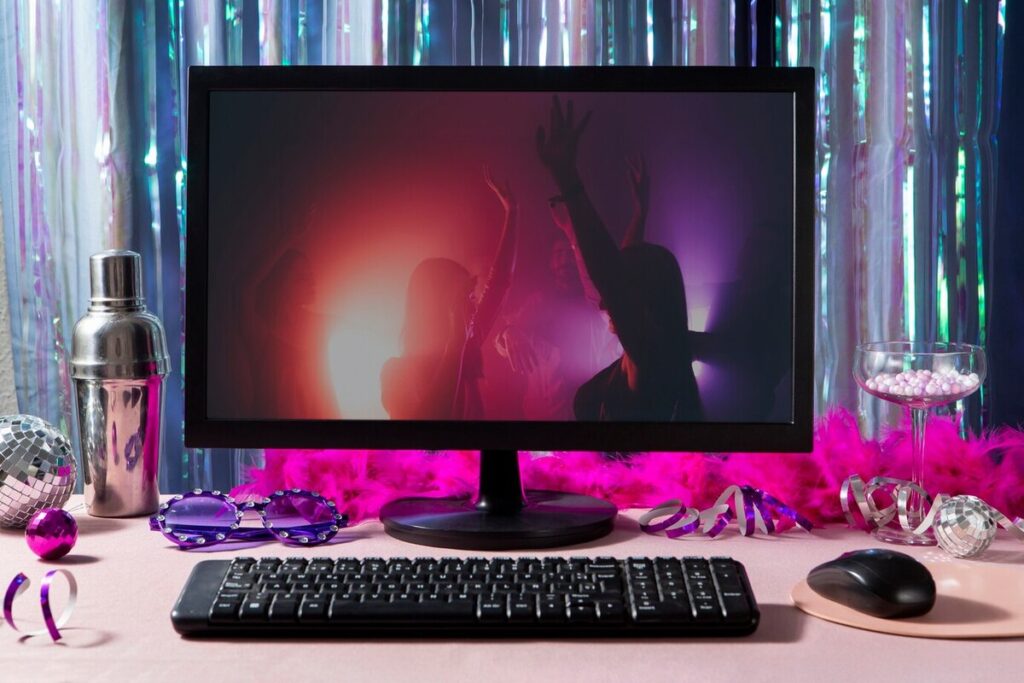
Millennials are becoming less interested in desktop computers as smartphones and laptops grow more potent and portable. Because laptops are portable and flexible, millennials can work and access materials from any location.
Film Cameras
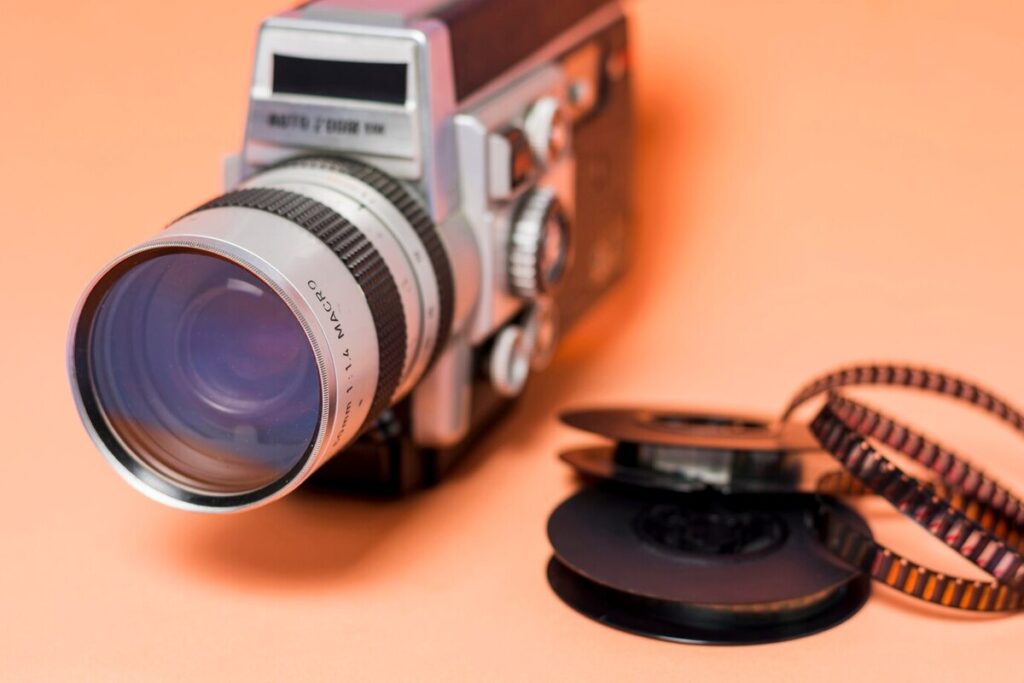
Digital photography’s ease of use and instant satisfaction have rendered film cameras obsolete. Film cameras are a niche product since millennials value being able to take, edit, and share pictures digitally.
Physical Photo Albums
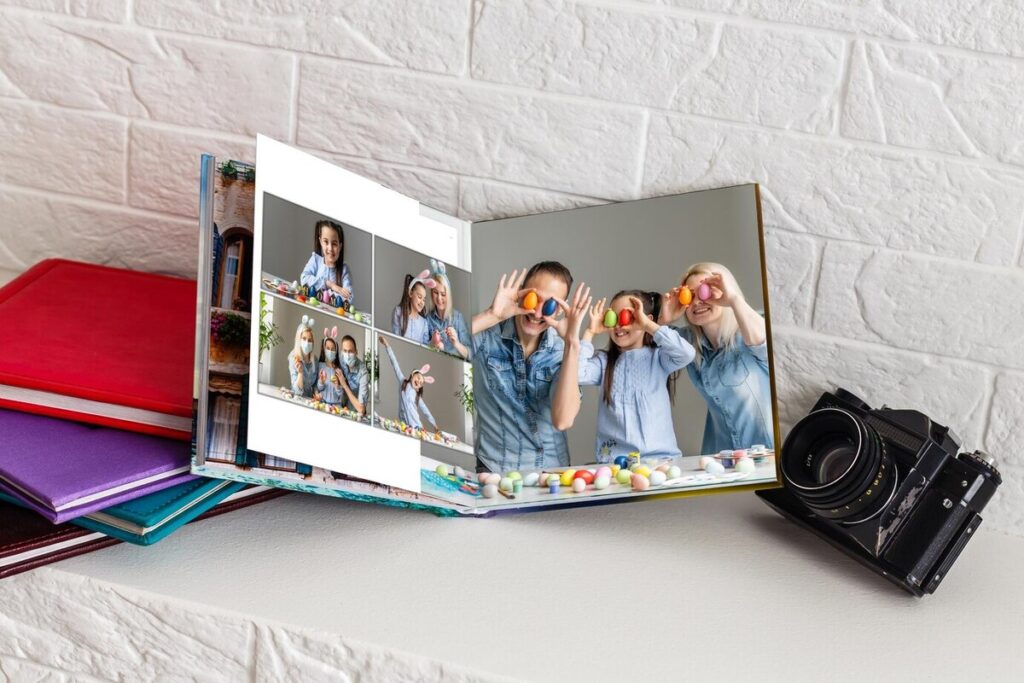
Millennials prefer digital photo storage and sharing through cloud storage services and social media platforms in the digital age. As millennials choose the ease of online access to their memories, physical picture albums are becoming less and less popular.
Conventional Alarm Clocks

Traditional alarm clocks are becoming outdated since many millennials now use their cellphones as alarm clocks. The multifunctionality of smartphones, which provide notifications, reminders, and alarms, renders standalone alarm clocks obsolete.
Encyclopedias

Printed encyclopedias are no longer relevant due to the Internet. With just a few clicks, millennials can access a multitude of information online, and encyclopedias are antiquated and heavy in comparison to the plethora of Internet resources.
Conventional Bookstores

Millennials are becoming less interested in traditional brick-and-mortar bookstores as e-books and online book sellers gain popularity. Traditional bookstores are less desirable since online retailers provide convenience, a greater selection, and frequently lower pricing.
Collections of CDs and DVDs
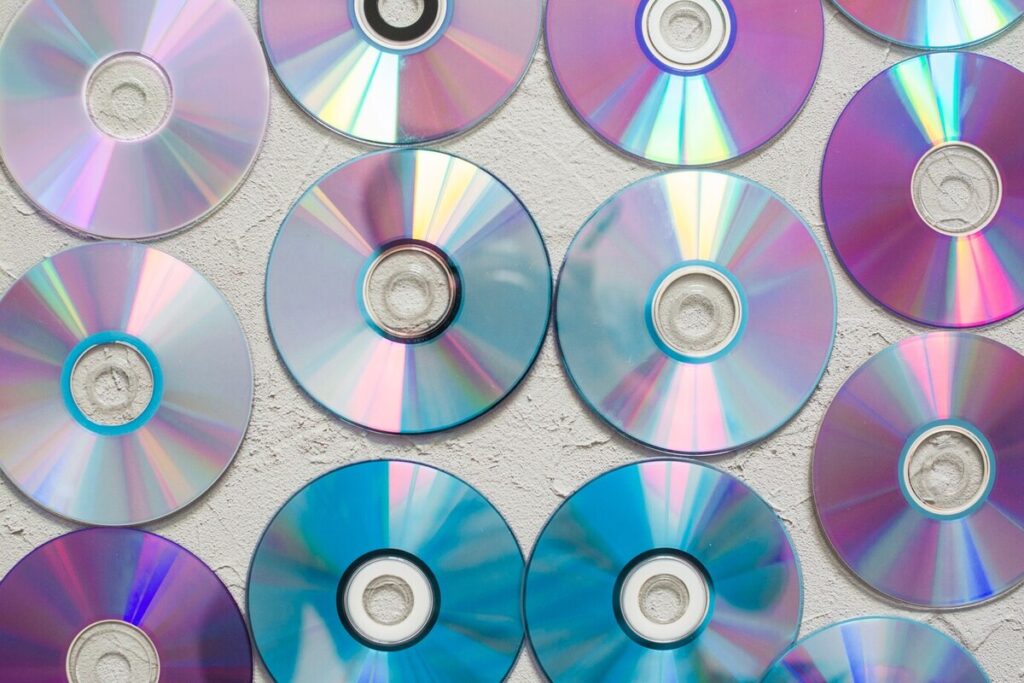
Millennials are clearing out CD and DVD collections from their homes as a result of the rise in popularity of music streaming services and digital downloads. Physical media collections are becoming outdated due to the convenience and portability of digital music and movie libraries.
Traditional Wedding Registries

Millennials are choosing alternatives like cash funds, honeymoon funds, or charitable gifts over the conventional department store wedding registries. Couples can design customized registrations that represent their tastes and way of life using online platforms.
Printed Newspapers
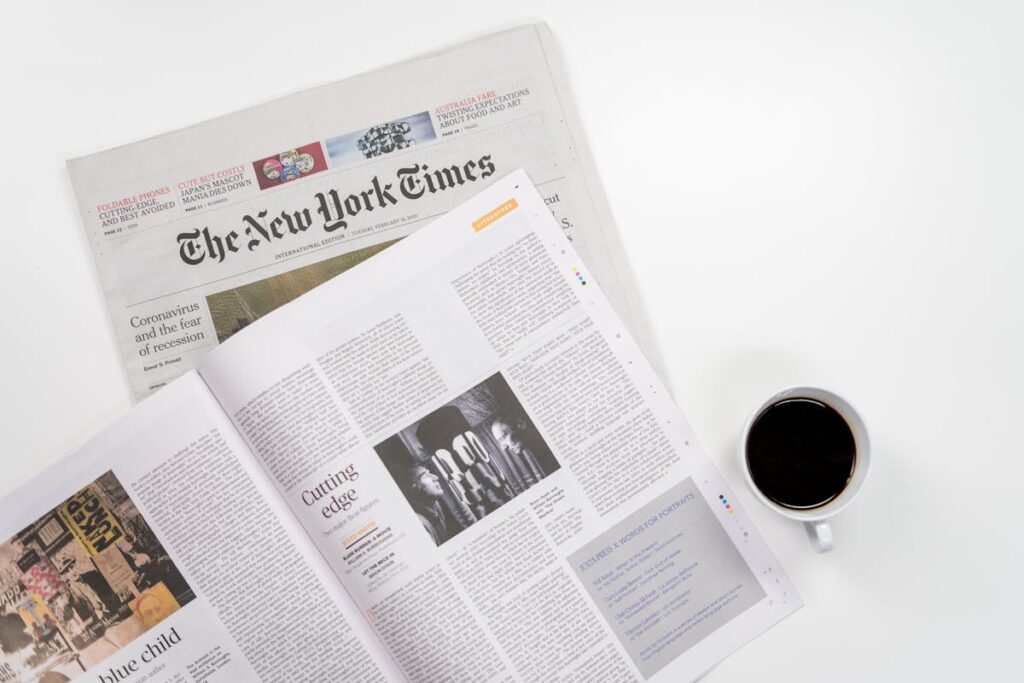
Printed newspapers are becoming less popular as millennials go to digital news sources for interactive content and real-time updates. Because online news sources are more accessible and convenient, printed newspapers are becoming less important.
Fax Machines
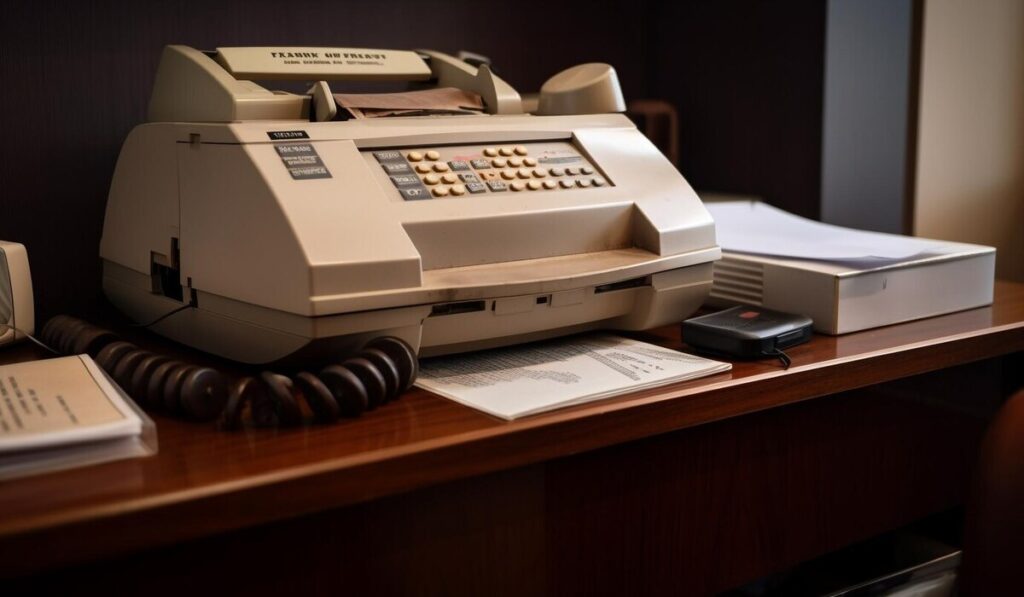
Once necessary for speedy document transmission, fax machines are now outdated in the era of email and digital document sharing. Fax machines are a thing of the past for millennials, who prefer digital communication techniques.
Landline Telephones
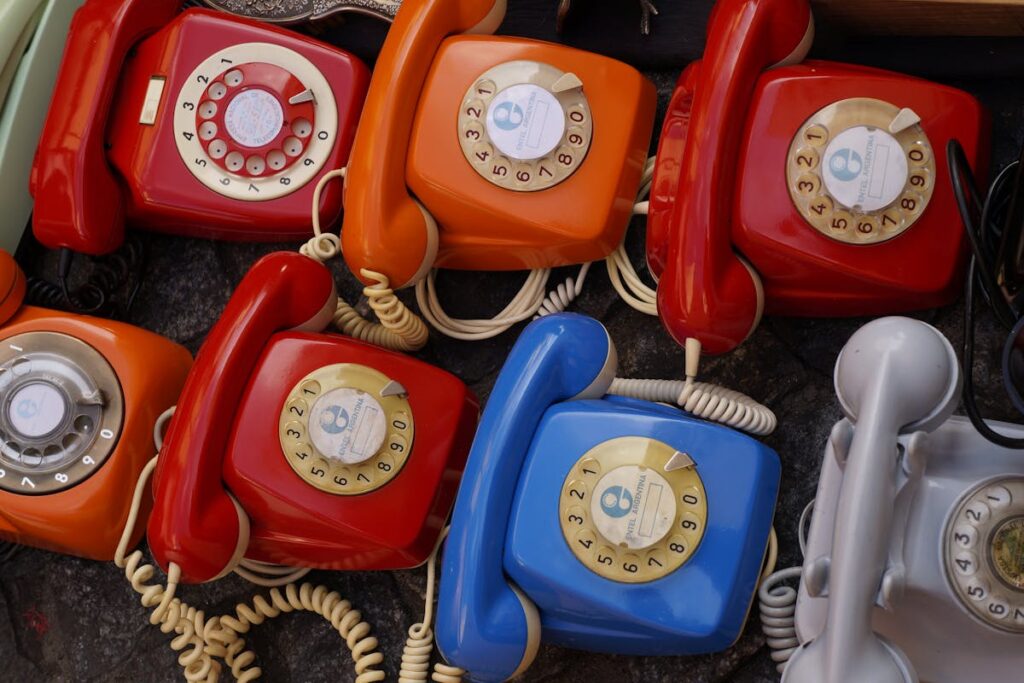
Landline phones are becoming outdated due to the widespread use of smartphones and other mobile devices. Landline phones are no longer necessary since millennials prefer the portability and convenience of smartphones.
Traditional Cable TV Packages
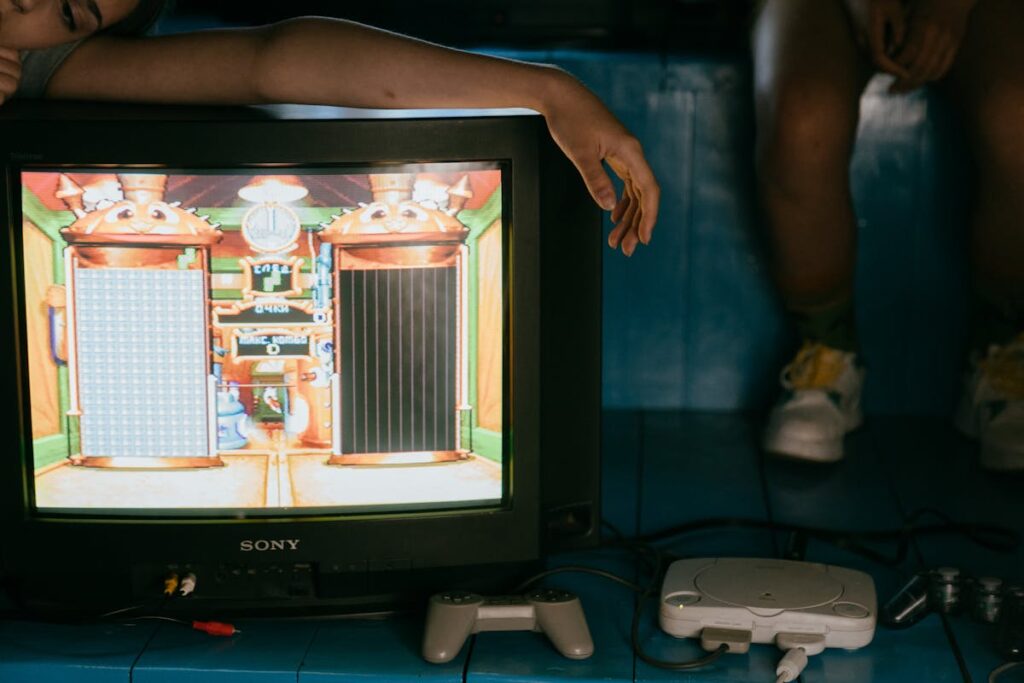
Traditional cable TV subscriptions are being canceled by millennials in favor of digital entertainment platforms and streaming services. Traditional cable TV packages are less alluring since on-demand streaming alternatives provide greater flexibility and a greater selection of programming.
Paper Towels

Millennials are using fewer paper towels as a result of their emphasis on sustainability and waste reduction. Reusable cleaning cloths and cloth towels are becoming more and more popular as millennials try to reduce their environmental impact.
Traditional Incandescent Light Bulbs

Traditional incandescent light bulbs have been replaced by energy-efficient LED light bulbs as millennials look to cut utility costs and energy use. LED lights are a more economical and ecologically friendly option because they consume less energy and last longer.
Single-Use Plastic Bags
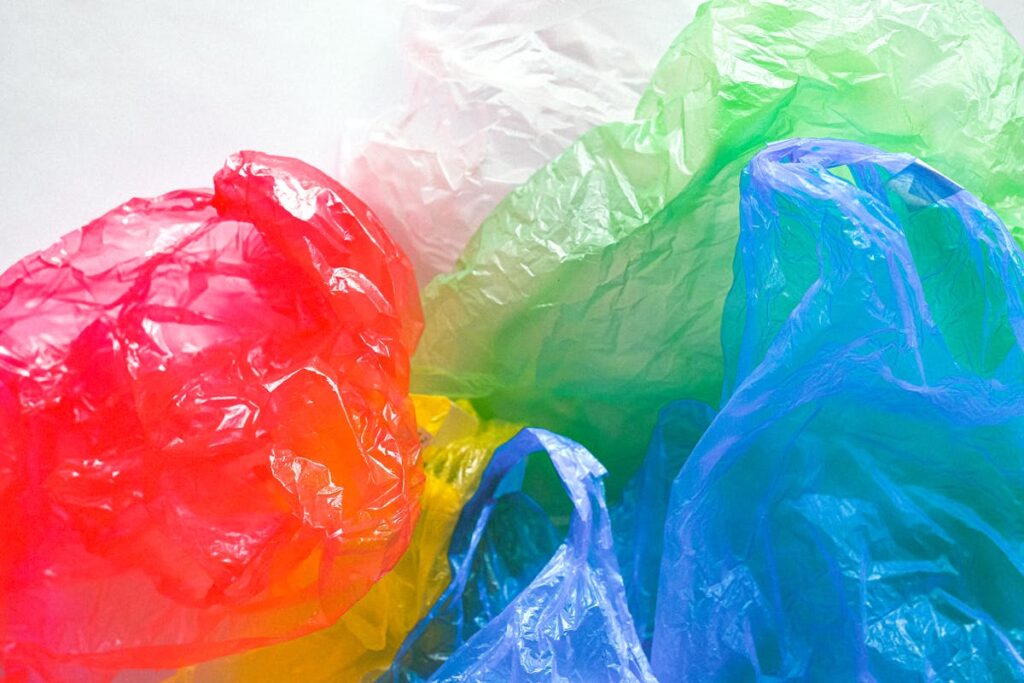
Many millennials choose reusable shopping bags over single-use plastic bags in response to environmental concerns. To encourage millennials to adopt sustainable alternatives, governments and retailers are enacting laws that prohibit or charge for single-use plastics.
Disposable Plastic Water Bottles

Reusable glass or stainless steel water bottles are becoming more popular among millennials than single-use plastic ones. Millennials are choosing eco-friendly alternatives due to worries about plastic waste and the effects of single-use plastics on the environment.
Printed Phone Books
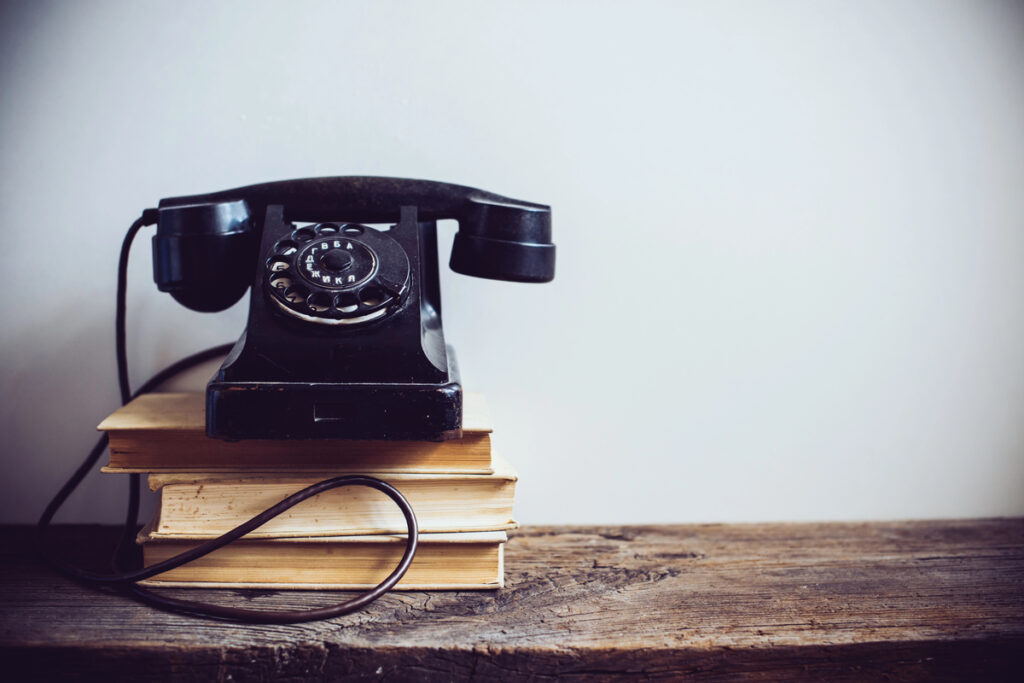
The growing usage of smartphones and online directories has rendered printed phone books obsolete. The preference of millennials for digital contact information access renders paper phone books obsolete.
Disposable Plastic Straws
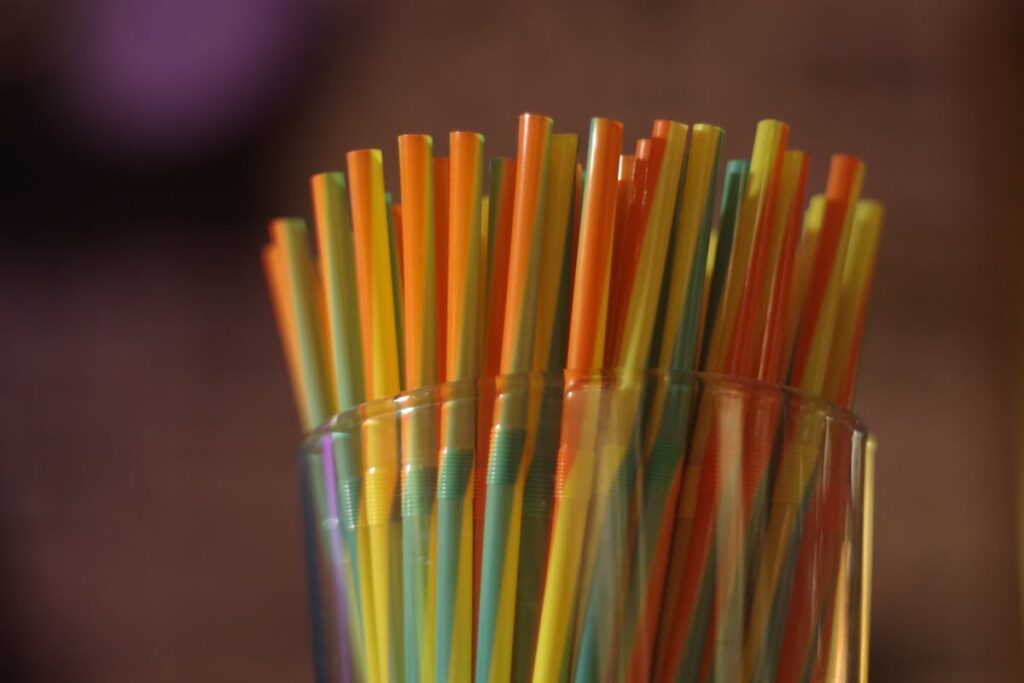
Millennials are rejecting disposable plastic straws due to concerns about plastic waste and environmental degradation. As millennials place a higher value on environmentally friendly products, sustainable substitutes like bamboo or reusable metal straws are becoming more and more popular.
Related: 15 Clever Hacks To Reduce That Never-Ending Grocery Bill

Managing grocery expenses can be challenging for many households, especially with rising food costs and fluctuating budgets.
However, with some creativity and resourcefulness, you can implement numerous clever hacks to reduce your never-ending grocery bill without sacrificing the quality or variety of your meals.



